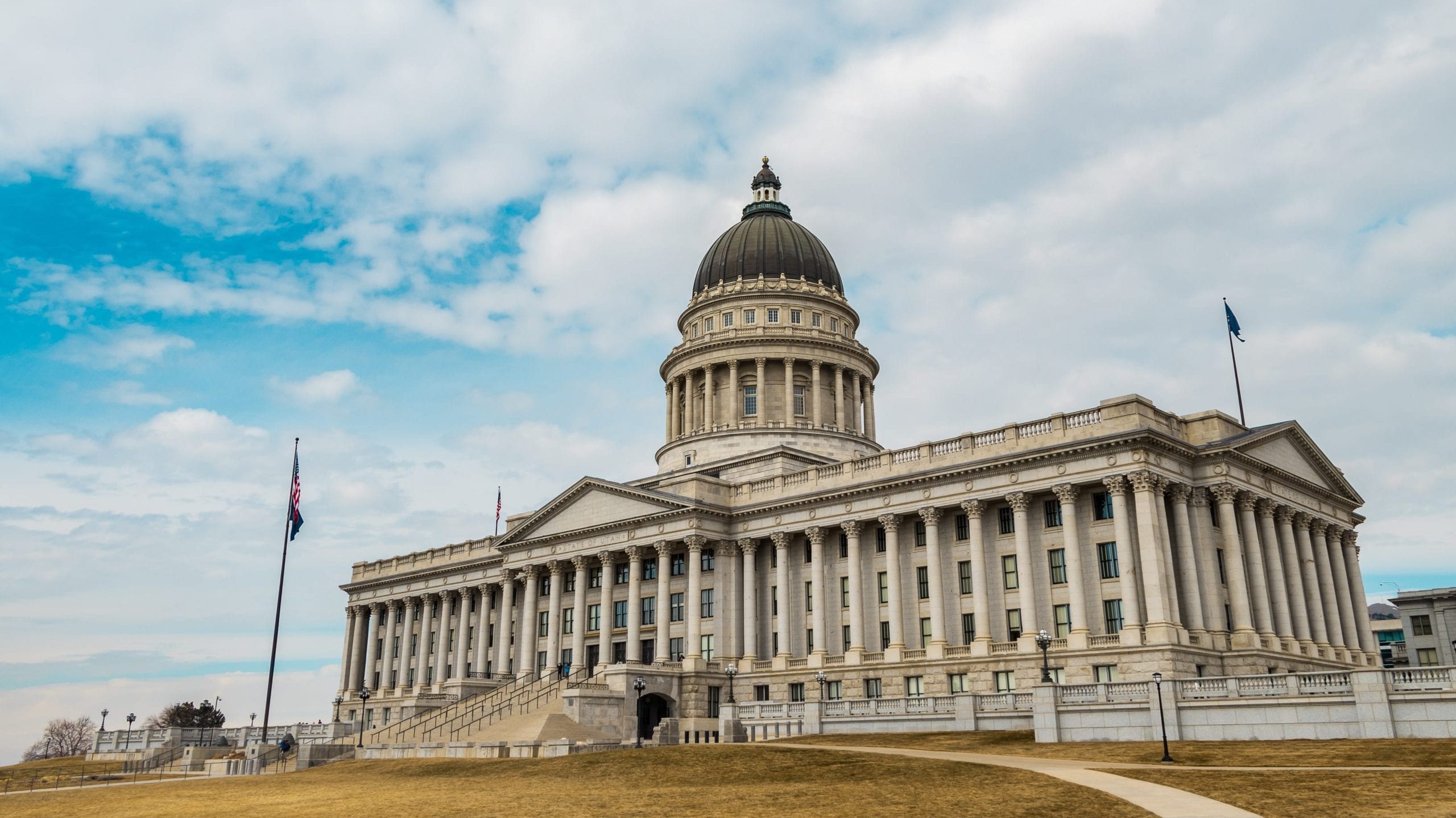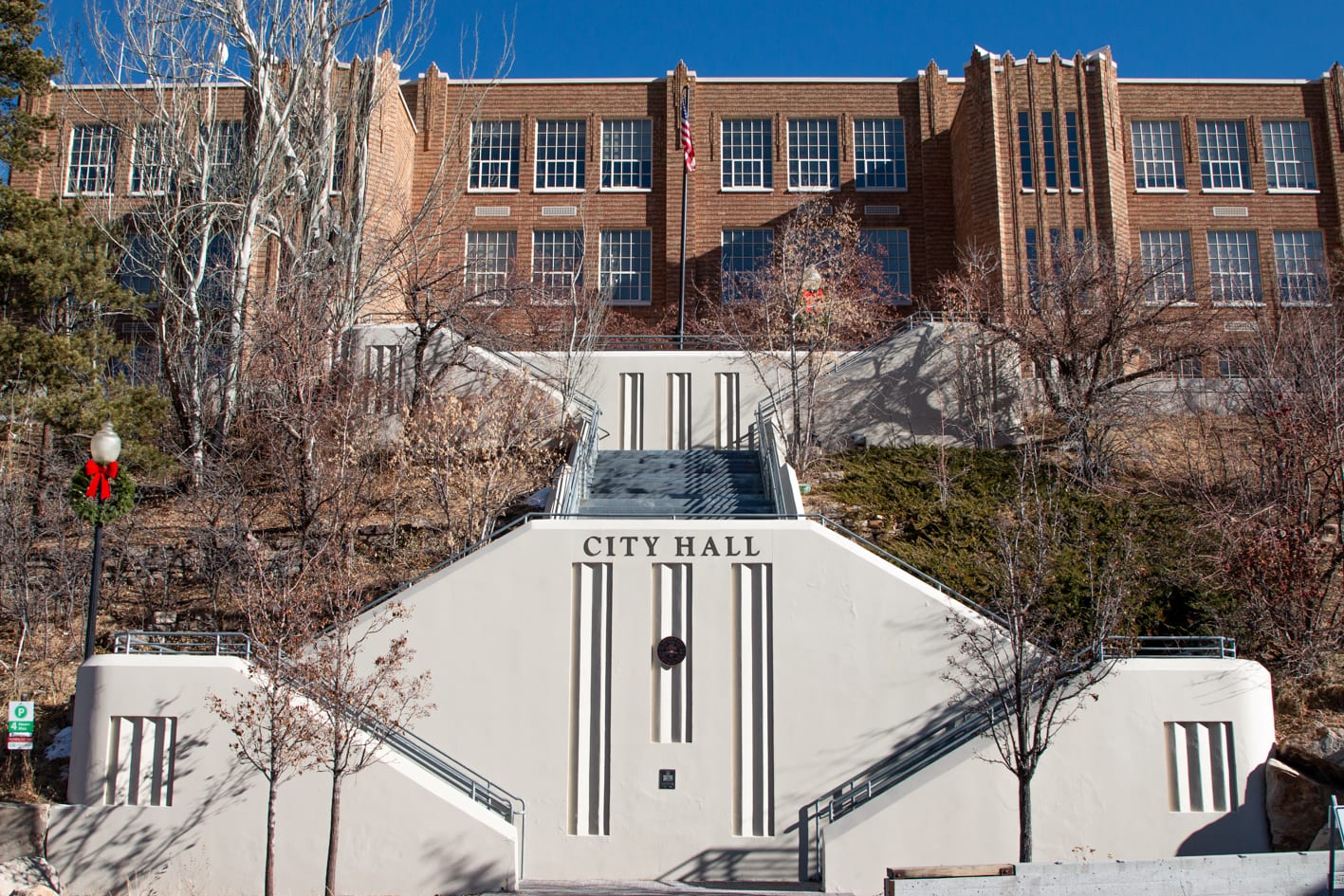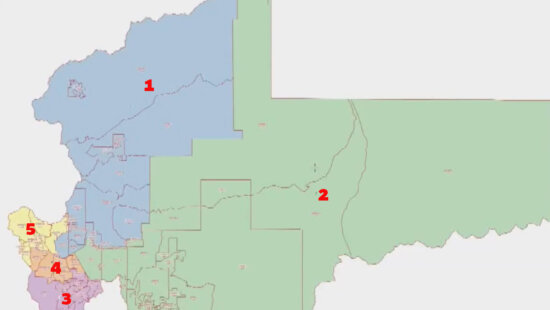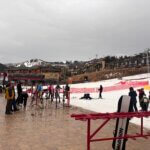Politics
Summit County objects to four-line provision targeting Kimball Junction development

The Utah State Capitol building in Salt Lake City. Photo: TownLift // Bailey Edelstein
SUMMIT COUNTY, Utah — TownLift spoke with Summit County Deputy Manager Janna Young about the state legislative session in Salt Lake City that ended last week.
The major bills for Summit County:
House Bill 462 is a major housing bill with many pieces. It is awaiting Gov. Spencer Cox’s signature after being approved by the Utah House and Senate after many changes.
It includes requirements for moderate-income housing and the prohibition of fees for the construction of certain internal accessory dwelling units.
The bill initially contained a provision that would have allowed more regulatory authority for cities and counties around short-term rentals, however, the bill’s sponsor Rep. Steve Waldrip (R-Eden) was “getting a lot of pushback,” Young said.
The short-term rental provision didn’t make it through on the bill after all of the sessions.
“Our main objection to the bill and why we worked with the Utah Association of Counties (UAC) to strongly oppose it was because of pretty much four lines that were added in the last minute,” Young said.
“It really was targeted at Summit County and the Kimball Junction area to establish or create a housing, transit, and reinvestment zone (HTRZ).”
An HRTZ is a mechanism from the Governor’s Office of Economic Opportunity (GOEO) that pushes the Utah Department Of Transportation (UDOT) to prioritize local improvements.
UDOT is triggered in the program because of the added density the required development brings.
Young said that the bill was amended to give the county more time, as it initially wanted the zone to be established by the end of the year.
“We still have to create this zone, but instead of by December 31, we have to actually just submit our plan to the director of the Governor’s Office of Economic Opportunity (GOEO) by December 31, 2022.”
“We know that Dakota Pacific is quite connected at the state level,” said Mitch Solomon, who represents the Friends of Summit County for Responsible Development. The group organized late last year as the Summit County Council neared a vote to amend the 2008 agreement governing the Tech Park in Kimball Junction for a Dakota Pacific Real Estate project.
“It would appear to us that they [Dakota Pacific] used their influence to take the decision out of local jurisdictions, including Summit County in the case of this project, and move it up to the state and basically give the state the ability to rubber stamp the project without the community having the appropriate level of input,” he said.
“In a very conservative state, it’s really surprising to see local control taken away, because generally the mantra of conservatives is ‘we want local control.’
“We also believe, and I think correctly, that probably the vast majority of the legislators who voted on this probably have very little understanding of what’s in the bill or certainly the local impact.”
Solomon said that “probably the vast majority of the legislators” didn’t know about the Dec. 1 Summit County Council meeting, in which hundreds of residents showed up in red to express adamant opposition to the development.
Young said that Summit County Deputy Attorney Dave Thomas is “going through that bill with a fine-tooth comb to truly understand — what does this mean for us? And what can or can’t we do? What are we required to do?
“What we do know for sure is we’re required to establish this HTRZ, it has to be within a third of a mile of our transit hub. And it has to allow an average density of 39 to 49 units an acre. That includes residential and 10% of that is affordable.”
S.B. 140 makes some revisions to the HTRZ law established last year by the Legislature.
The major change is bumping the density requirement to 50 units per acre. S.B. 140 is awaiting Gov. Cox’s signature.
—
This is the rural film incentives bill sponsored by Sen. Ron Winterton, who represents parts of Summit County.
“It started out as an uncapped incentive, and then it ended up being a cap at $12 million,” Young said of the tax credit incentives that would be granted under the bill to state-approved film projects that have at least 75% of total production days in third, fourth, fifth, or sixth-class counties. Summit County is considered a third-class county.
“We’re pleased that it passed and it maintained our eligibility for all third-class counties… There was an effort at one point to maybe change that because the smaller counties in the southern part of the state wanted access to more of the money.”
Roughly 75% of the first three seasons of Yellowstone were filmed in Utah, contributing almost $80 million to the state’s economy, specifically in filming locations like Oakley, Kamas, and Heber City. One of the most frequently used locations for Yellowstone was Thousand Peaks Ranch in Oakley, where Park City Powder Cats operates. It’s also the main location for the film Wind River.
Now the show’s lead actor Kevin Costner wants to shoot a five-film, roughly $50 million Western cinematic universe called Horizon in Utah.
Costner’s lawyer, Summit County Councilmember Roger Armstrong, has said “state film incentives are very much a critical element for financing virtually all films, regardless of the budget — whether you’re talking about a $200 million production or a $2 million independent feature.”
“Certainly a big economic benefit for us,” deputy county manager Young said of the bill, which still needs Gov. Cox’s signature.
—
This bill initially contained a provision that would have changed the definition around land use authority, which Summit County attorneys used in their Hideout litigation. “Obviously, we didn’t want that to change,” Young said.
“We worked to get that stripped out of the bill.”
The county managed to lobby its way into a grandfather clause with resort communities for the other provision in the bill that prohibits cities and counties from utilizing inclusionary zoning in development plans.
“The definition was focused around the resort community tax, which is only available to cities,” Young said.
The county negotiated a definition that would allow the Snyderville Basin to also be grandfathered in, thanks to inclusionary zoning already being in its development codes.
The bill has been approved by the Utah House and Senate.
—
This bill would have changed the post-retirement period that a law enforcement officer would have to wait after they retire before going back into public service without impacting their Utah Retirement System (URS) benefits.
“That was a bill that was strongly supported by counties and our sheriff’s association because we saw it as a really valuable tool to recruit some skilled and experienced professionals to serve in our organizations,” Young said.
“Unfortunately, while it had some momentum, there was a decision made to actually take all of the retirement-related bills out of consideration this session, and send it to the interim session for further study. So we were disappointed that that didn’t pass, but we’ll continue to work on that.”
—
Young will be giving a full review of the legislative session to the Summit County Council on Wednesday, March 16. You can watch the meeting virtually.


















